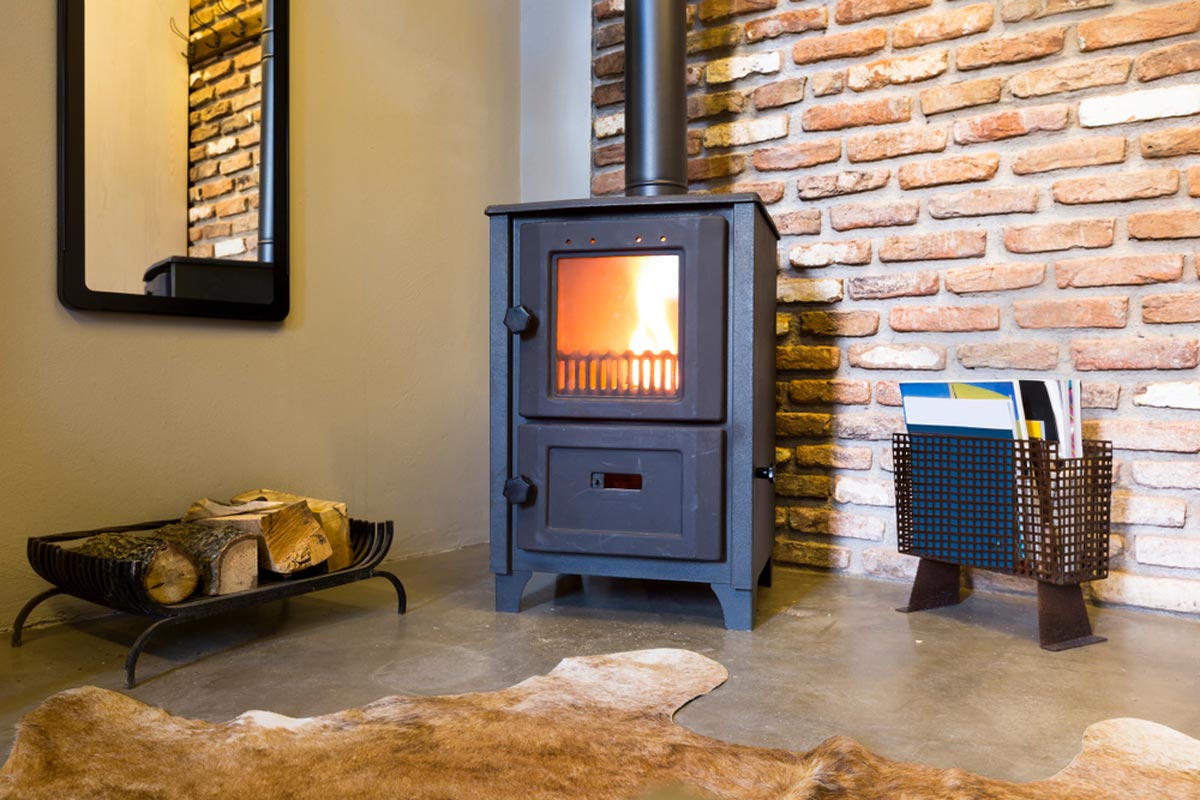Your Kitchen’s Transformation: Why Hiring a Cooking Specialist Matters

An cooking area makeover can revamp the core of your home, and a most significant elements of this renovation is your range. Whether you're replacing an outdated appliance or fully revamping the kitchen space, hiring a stove installation professional can make all the difference. These specialists bring the knowledge and experience necessary to confirm that your new range is mounted safely, efficiently, and in conformity with regional regulations, offering you peace of mind and allowing you to focus on your new configuration.
With so many options on the market, from gas to electric and even inductive cooktops, making the correct choice is important for both functionality and style. Understanding the nuances of stove installation, including preparation, safeguards, and local codes, can be overwhelming for any homeowner. This guide aims to streamline the process, detailing the benefits of hiring a craftsman for your cooking appliance installation while offering essential tips and insights that every householder should be aware of.
Stove Mounting Basics
As you plan for enhancing your culinary area, understanding the essentials of range installation is crucial for property owners. Regardless of whether you choose a gas, plug-in, or inductive stove, each variation has specific requirements and aspects that need to be factored in. Learning with these basics will aid secure a successful installation process and stop potential issues later on.
The initial points to assess is the type of cooktop best suits your cooking lifestyle. Gas ranges are often chosen for their precise cooking precision, while electric ranges may be easier to install and maintain. Induction cooktops offer advanced features with quick warm-up times and energy efficiency. It's essential to determine your cooking habits, kitchen layout, and available utility connections before making a decision. After you decide on the right range, preparation is key to ensuring your cooking area is prepared for this improvement.
Safety and compliance are critical during stove mounting. Modern stove installation installing should be conscious of local laws and the necessary licensing required for their particular setup. Additionally, it’s recommended to engage a certified stove mounting specialist who is familiar with safety standards, such as proper airflow and gas utility conditions, to prevent hazards like toxic emissions. By prioritizing these aspects of range installation, you can transform your culinary area without risk and effectively.
Electric versus Gas Cooktops
Selecting between a gas and an electric stove is a significant choice for home owners, as it can impact culinary success, energy costs, and installation requirements. Natural gas stoves typically provide instant heat and precise temperature control, which makes them a favorite among cooking experts and cooking enthusiasts. Additionally, they typically to warm up faster and provide instant flame, enabling for more responsive cooking techniques. However, they need a connection to a gas line, which can complicate installation if one isn’t already installed in your kitchen.
On the flip hand, electricity-driven stoves are often seen as simpler to set up, especially in houses without gas lines. They provide a uniform and even heat but can take more time to heat up and cool down compared to gas models. Electricity-based stoves, particularly induction, are also more power efficient and include safety features such as auto shut-off. The choice between natural gas and electric comes down to individual cooking styles, the design of your kitchen, and the accessibility of utility services.
Home owners should also factor in future costs when choosing a stove type. While gas stoves may have lower operational costs based on local natural gas prices, electricity-based stoves can be more economical to install. It's important to consider the initial installation and long-term utility expenses together with your cooking habits to make the optimal choice for your kitchen upgrade.
Protection and Compliance
Guaranteeing safety during stove setup is paramount to safeguarding your residence and family. Expert stove specialists have the knowledge to manage the intricacies of gas and electric setups. They understand the dangers linked with gas connections, such as potential leaks, and enforce stringent safety protocols to lessen these risks. By complying to industry guidelines, they also ensure that all elements of the stove installation are in line with local laws and guidelines.
Compliance with local setup standards is not just a lawful obligation but also a crucial step to guarantee the reliable operation of your stove. Many areas require specific permits before setup begins. An skilled stove specialist will be acquainted with these regulations and can handle the essential paperwork, confirming that your installation meets all safety standards. This aids avoid any subsequent complications that may arise from poor setups, protecting both your money and your home.
Moreover, consistent maintenance and inspection after installation play a significant role in sustained safety. Homeowners should be aware of signs that indicate the requirement for professional assistance, such as odd smells from gas stoves or functionality issues with electric stoves. By focusing on safety and compliance during installation and beyond, you can reap the benefits of your fresh stove with assurance, being aware that your kitchen is both functional and secure.

